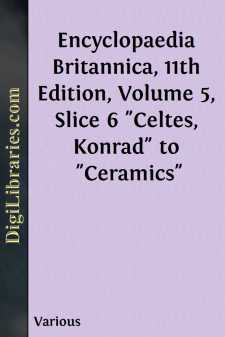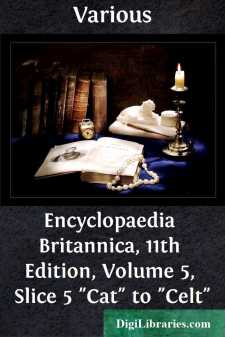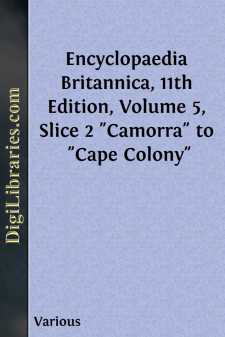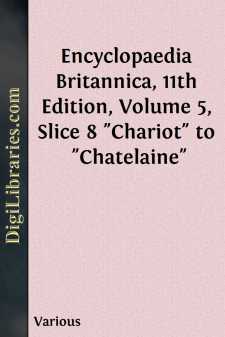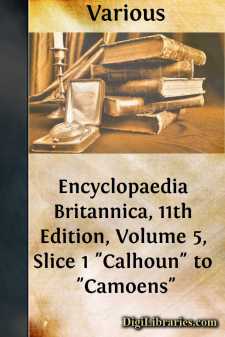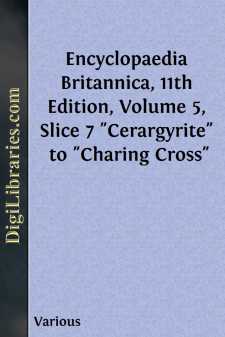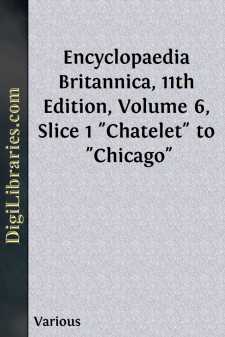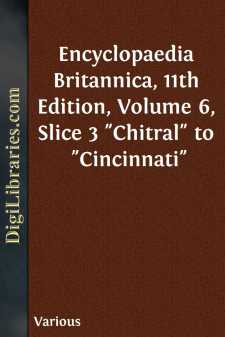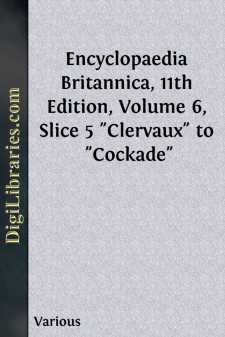Categories
- Antiques & Collectibles 13
- Architecture 36
- Art 48
- Bibles 22
- Biography & Autobiography 813
- Body, Mind & Spirit 142
- Business & Economics 28
- Children's Books 14
- Children's Fiction 11
- Computers 4
- Cooking 94
- Crafts & Hobbies 4
- Drama 346
- Education 46
- Family & Relationships 57
- Fiction 11829
- Games 19
- Gardening 17
- Health & Fitness 34
- History 1377
- House & Home 1
- Humor 147
- Juvenile Fiction 1873
- Juvenile Nonfiction 202
- Language Arts & Disciplines 88
- Law 16
- Literary Collections 686
- Literary Criticism 179
- Mathematics 13
- Medical 41
- Music 40
- Nature 179
- Non-Classifiable 1768
- Performing Arts 7
- Periodicals 1453
- Philosophy 64
- Photography 2
- Poetry 896
- Political Science 203
- Psychology 42
- Reference 154
- Religion 513
- Science 126
- Self-Help 84
- Social Science 81
- Sports & Recreation 34
- Study Aids 3
- Technology & Engineering 59
- Transportation 23
- Travel 463
- True Crime 29
Sort by:
by:
Various
CELTES, KONRAD (1459-1508), German humanist and Latin poet, the son of a vintner named Pickel (of which Celtes is the Greek translation), was born at Wipfeld near Schweinfurt. He early ran away from home to avoid being set to his father’s trade, and at Heidelberg was lucky enough to find a generous patron in Johann von Dalberg and a teacher in Agricola. After the death of the latter (1485) Celtes led...
more...
by:
Various
CAT,properly the name of the well-known domesticated feline animal usually termed by naturalistsFelis domestica, but in a wider sense employed to denote all the more typical members of the familyFelidae. According to theNew English Dictionary, although the origin of the word “cat” is unknown, yet the name is found in various languages as far back as they can be traced. In old Western Germanic it...
more...
by:
Various
CAMORRA, a secret society of Naples associated with robbery, blackmail and murder. The origin of the name is doubtful. Probably both the word and the association were introduced into Naples by Spaniards. There is a Spanish word camorra (a quarrel), and similar societies seem to have existed in Spain long before the appearance of the Camorra in Naples. It was in 1820 that the society first became...
more...
by:
Various
CHARIOT(derived from an O. Fr. word, formed fromchar, a car), in antiquity, a conveyance (Gr.á¼â¦ρμα, Lat.currus) used in battle, for the chase, in public processions and in games. The Greek chariot had two wheels, and was made to be drawn by two horses; if a third or, more commonly, two reserve horses were added, they were attached on each side of the main pair by a single trace fastened...
more...
by:
Various
CALHOUN, JOHN CALDWELL (1782-1850), American statesman and parliamentarian, was born, of Scottish-Irish descent, in Abbeville District, South Carolina, on the 18th of March 1782. His father, Patrick Calhoun, is said to have been born in Donegal, in North Ireland, but to have left Ireland when a mere child. The family seems to have emigrated first to Pennsylvania, whence they removed, after Braddock’s...
more...
by:
Various
CERARGYRITE, a mineral species consisting of silver chloride; an important ore of silver. The name cerargyrite is a Greek form (from κÃρας, horn, and á¼âργυρος, silver) of the older name hornsilver, which was used by K. Gesner as far back as 1565. The chloro-bromide and bromide of silver were also included under this term until they were distinguished chemically in 1841 and...
more...
by:
Various
CARNEGIE, ANDREW (1837- ), American “captain of industry” and benefactor, was born in humble circumstances in Dunfermline, Scotland, on the 25th of November 1837. In 1848 his father, who had been a Chartist, emigrated to America, settling in Allegheny City, Pennsylvania. The raw Scots lad started work at an early age as a bobbin-boy in a cotton factory, and a few years later was engaged as a...
more...
by:
Various
CHÂTELET (from Med. Lat. castella), the word, sometimes also written castillet, used in France for a building designed for the defence of an outwork or gate, sometimes of great strength or size, but distinguished from the château, or castle proper, in being purely defensive and not residential. In Paris, before the Revolution, this word was applied both to a particular building and to the...
more...
by:
Various
CHITRAL, a native state in the North-West Frontier Province of India. The state of Chitral (see also ) is somewhat larger than Wales, and supports a population of about 35,000 rough, hardy hillmen. Previous estimates put the number far higher, but as the Mehtar assesses his fighting strength at8000 only, this number is probably not far wrong. Both the state and its capital are called Chitral, the...
more...
by:
Various
CLERVAUX (clara vallis), a town in the northern province of Oesling, grand-duchy of Luxemburg, on the Clerf, a tributary of the Sûre. Pop. (1905) 866. In old days it was the fief of the de Lannoy family, and the present proprietor is the bearer of a name not less well known in Belgian history, the count de Berlaymont. The old castle of the de Lannoys exists, and might easily be restored, but its...
more...


